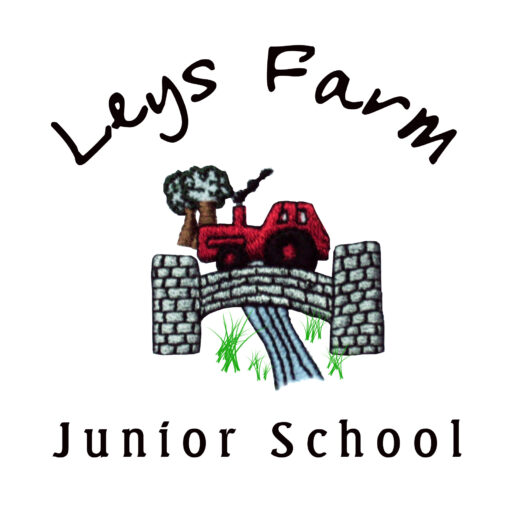Our Curriculum
Learning
The curriculum which we offer to all of our children is based on the requirements of the National Curriculum. Our school is organised as follows:
Key Stage 2 (7-11 years) – Years 3, 4, 5 and 6.
The National Curriculum subjects taught in Key Stages 2 are:
English;
Mathematics;
Science;
Art & Design;
Computing;
Design and Technology;
Geography;
History;
Languages;
Music;
Physical Education.
Personal, Social and Health Education are also taught to all year groups.
All subjects and areas of learning are carefully planned to give each child appropriate, memorable experiences and the opportunity to achieve his/her full potential. Each class is part of the whole school and as a result does not work independently. A themed, topic approach is used where possible, to enable our pupils to make links in their learning. Our school curriculum is planned very carefully, with a two year cycle in Year 3/4 and in Years 5/6
Curriculum Drivers
To deliver and enhance the curriculum, we create a bespoke design around four key areas of focus which we feel our children need the most, based on their context and locality. These are used to drive our teaching and learning in all subjects:
1. Knowledge of the World (and the community around us).
2. Creativity.
3. Independence and Resilience.
4. Mental Health and Emotional Awareness.
Knowledge of the World:
Many of our children are not exposed to life beyond their immediate environment. In order to appreciate others within the diverse and complex society in which we live in, we need to make additional efforts through our curriculum design and focus of teaching. This is to ensure that our curriculum appropriately meets the needs of our children, making sure that they are exposed to the various diverse and cultural compositions that constitutes modern day Britain and the wider world. They learn about our locality, Britain and the wider world through their topic curriculum, with teachers considering the current knowledge and experiences that the children have when planning, making lessons relevant to them. We use visits to enrich our curriculum and enable children to travel and appreciate a broad range of experiences. The use of technology enables teachers to open the doors to the world for our children, providing them with skills, interactive and virtual experiences.
Creativity
Creativity has always been an important aspect of the school strengths and traditions. Children will be encouraged to use their imagination, original ideas or generate ideas to create, build or use their inventiveness to solve problems and communicate with other. Making connections, asking questions, making observations, networking and experimenting are a range of opportunities children will be given across the curriculum. Creativity is a valuable workplace and transferrable skill. While some children may have natural creativity skills in certain forms, creativity is a skill that can be learned and developed over time. Children will be encouraged to solve complex problems or find interesting ways to approach tasks particularly in metacognition end of topic tasks.
Independence and Resilience:
Pupil independence is central to the school ethos. If we want them to take ownership of their learning, we need to teach them to be independent and resilient learners. We appreciate that all children are individuals and may excel in a range of different subject areas from one another. Therefore, promoting independence and resilience is important. In our aim to develop independence, we have adopted the ‘5Bs’; Behaviour (positive attitude/learning behaviours), Brain, Bits and Bobs, Buddy, Boss – therefore motivating children and ensuring persistence in the face of difficulties. The development of resilience is at the centre of all teaching and learning. Children are encouraged to ‘challenge, build and accept’ ideas and answers from their peers in a respectful way, teaching the children how to communicate and receive critique in a positive, respectful manner, managing the emotions that accompany such a process. We aim to build within children a set of positive personal traits, which will ensure success in the future: reflectiveness, resourcefulness and resilience. We encourage our children to engage with high quality providers to build their confidence and resilience whilst encouraging them to engage with society through the arts and rewarding them for their efforts.
Mental Health and Emotional Awareness:
Within our social context, we feel that it is important in our school for children to have a secure awareness of emotions. Good mental health is fundamental to be able to thrive in life. We want our children to perceive themselves in a positive light, make and keep positive relationships and to be able to recognise, feel, understand and positively manage a range of emotions. To promote these aims, children have the opportunity to have 1:1 time with their class teacher or teaching assistant to talk (Bubble Time). Circle time is carried out regularly in each class and links to PSHE, citizenship and Jigsaw are made in lessons wherever possible. Through the Jigsaw scheme, we deliver regular assemblies which have a focus upon the development of emotional awareness and we have a dedicated Pastoral Manager to support children. Interventions are focused on the development of emotional awareness and the skills that children need to develop to communicate their emotions. We aim to provide children with a safe, stable and consistent environment in which to nurture their progress and development.
